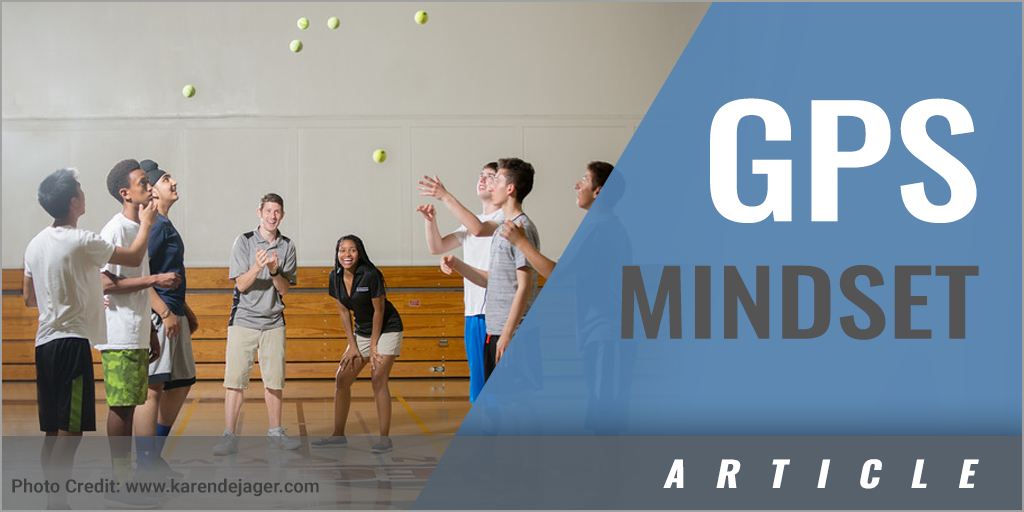|
By: Danny Ourian, M.A., CMPC (Certified Mental Performance Consultant) - Hoops Minded Think about a GPS device. What are its features? Here are a few:
Perhaps now you're asking yourself: "OK, how is this relevant to mental skills training?" Well, let me explain! Often times we have a particular end goal in mind: Make the team. Score X number of points. Bend my knees on my free throw. Be a great teammate. And so often, we make wrong turns. We make mistakes. We miss shots, we turn the ball over, we miss a workout day, we give our teammate a scolding for their error. We're all going to make mistakes in our performance. The key is our ability to quickly (in real-time) re-calculate our routes and adjust accordingly. And, do so fast! Often times in basketball we talk about "next-play speed." How quickly can you respond after a mistake? The ability to turn around and make the next play in under 1 second is KEY to your success as an athlete. Having a GPS mindset is a great source of confidence. It is the knowledge that whatever comes my way - whatever turn I may take - I have the mental capacity to change course and correct it. Quickly. In real-time. Further, a GPS mindset allows you to keep track of where you've gone (trip history). Keeping track of how we've trained and how we are meeting our goals in another helpful way to make sure we continue progressing. If you're serious about your game, I mean really serious, you will go out and get a sport notebook. If you're still in school, I'm sure you have a notebook for every subject, including some which you may never want to see again after the course completes. Well, I bet you LOVE your sport, so, why not have a notebook for it? Keeping track of things like your workouts, how you performed, your questions, your positive and challenging thoughts and feelings, all go into making the necessary adjustments to be at your best. Lastly, alerts. A GPS mindset is equipped with alerts. It will help tell you when you're close to getting off course. This plays out in your sport via training yourself to recognize when situations are not to your advantage (you want to train but friend wants to play video games). Similarly, in situations during your sport performance you may recognize negative or counterproductive thoughts arising. This recognition, trained via mindfulness practice, is your GPS mindset telling you to slow down, check yourself, take a breath and return to the present. Who can have a GPS mindset? You can. Anyone can! Recognize your ability to change course when problems arise, or mistakes are made. Re-route quickly and confidently. There has never been a mistake-free performance in the history of sport. The key is adapting and adjusting when the mistakes occur. |




